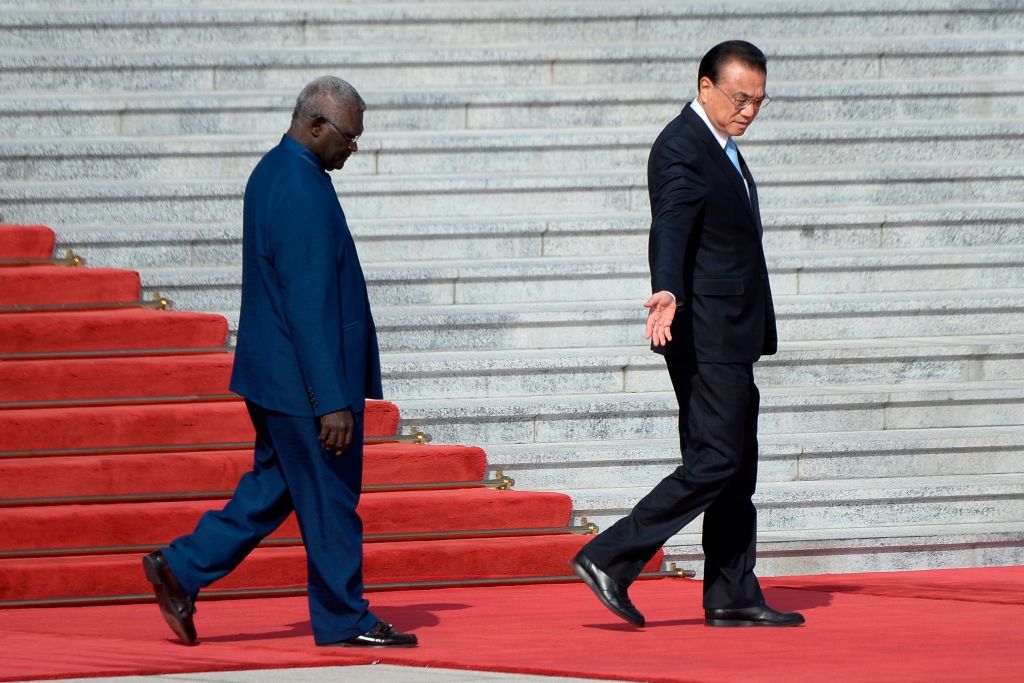All the Pacific Island nations invited to the foreign ministerial conference had already embraced Beijing's "One China Policy." Some of these states once had diplomatic links with Taiwan but were wooed away by Beijing's offer of financial loans, investment and corrupt practices, such as direct interference in the domestic political affairs that threaten the sovereignty of governmental institutions in these island countries.
The Chinese Communist Party (CCP) is accelerating its campaign to isolate Taiwan from the existing international order by offering bribes to leadership figures in some of these poor islands, in exchange for breaking with Taipei.
A Council on Foreign Relations report from May 4, 2022, "What the China-Solomon Islands Pact Means for the US," states: "Beijing promised about $730 million in financial aid."
[D]omination of the Pacific seems to mean to the CCP potential military control over, or vassalage of, not only to Taiwan, but also Japan, Australia, Korea, the Philippines, Indonesia, India and the US -- in Guam, American Samoa, Micronesia, Northern Mariana, Palau, the Marshall Islands, and Hawai'i.
Chinese Communist Party strategists would doubtless welcome agreements with any Pacific island to permit a Chinese military base or offers of a dual-use port facility for China's growing navy. If Chinese warships could gain greater access to island state port facilities, China's naval assets would be able to interrupt free passage in international waters of US naval vessels and others, both in major commercial sea lanes as well as military supply routes throughout the region.
The Marshall Islands provides the US with an opportunity to shut down an ongoing example of China's accelerating effort to project power and influence and into the South Pacific.
The Communist Chinese government has offered to create artificial islands for Tuvalu.... Despite the appeal of this offer, Tuvalu rejected the proposal. Tuvalu's Prime Minister Kausea Natano instead proposed a cooperative compact with all those Pacific island states that still maintain ties to Taiwan.

Pictured: Chinese Premier Li Keqiang (R) leads Solomon Islands Prime Minister Manasseh Sogavare on a visit to the Great Hall of the People in Beijing, China, on October 9, 2019. (Photo by Wang Zhao/AFP via Getty Images)
Last October, China convened, via video link, the first foreign ministerial conference with nine Pacific Island states: Micronesia, Fiji, Kiribati, Niue, Papua New Guinea, Samoa, the Solomon Islands, Tonga, and Vanuatu.
The Chinese quickly followed up this initiative on December 3, 2021, by establishing "The China-Pacific Island Countries Reserve of Emergency Supplies" -- an arrangement that the Chinese Provincial Government of Guangdong has with the Pacific Island countries that in the event of a public health emergency or natural disaster, China will provide needed medical supplies.
Continue Reading Article
No comments:
Post a Comment